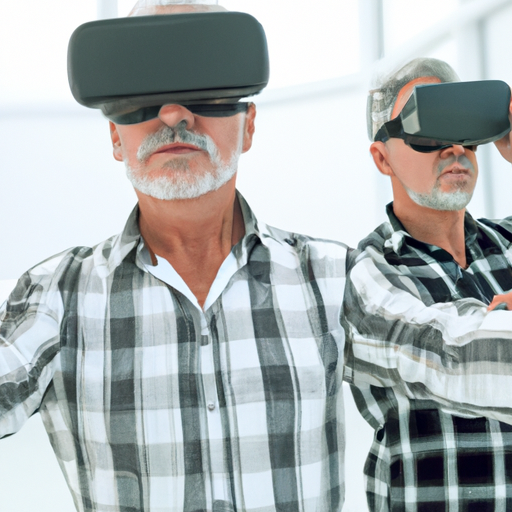In recent years, the education and training sectors have witnessed a remarkable shift in how information is conveyed and skills are developed. At the forefront of this transformation is Extended Reality (XR), which encompasses both Virtual Reality (VR) and Augmented Reality (AR) technologies. These immersive solutions are not just a novelty; they are set to become standard practice in training programs across various industries.
What is Extended Reality (XR)?
Extended Reality refers to technology that merges the physical and virtual worlds, allowing users to experience a simulated environment or interact with digital elements in real time. XR technology can be categorized into:
- Virtual Reality (VR): A fully immersive experience that removes users from their physical environment.
- Augmented Reality (AR): Enhances the real world with computer-generated information.
The Benefits of XR Training Programs
Extended Reality training programs offer numerous advantages:
- Immersive Learning: Trainees engage with content in a 3D space, reinforcing memory through practical application.
- Cost-Effective Solutions: Reduces the need for physical materials and travel, significantly cutting training costs.
- Safe Environment: Perform dangerous or complex tasks in a simulated environment without real-world consequences.
- Customizable Scenarios: Tailor training experiences to specific industry needs, improving skill acquisition.
Case Studies of XR in Action
Several industries have already embraced XR training solutions:
- Healthcare: Medical students conduct virtual surgeries, providing practice without risking patient safety.
- Aerospace: Pilots benefit from lifelike flight simulations, honing their skills under realistic conditions.
- Manufacturing: Workers learn equipment operation through AR overlays, enhancing understanding and retention.
The Future of Extended Reality Training
As technology advances, the potential applications of Extended Reality in training will expand dramatically. Industries ranging from retail to military are beginning to see the transformative effects of XR solutions. As organizations seek to enhance learning outcomes, reduce costs, and leverage innovative methods, the integration of XR training programs will likely become more prevalent.
In conclusion, the rise of Extended Reality training programs signifies a new era in education and skill development. By harnessing the power of immersive technology, businesses and educational institutions can prepare for the future in ways never before imagined.




